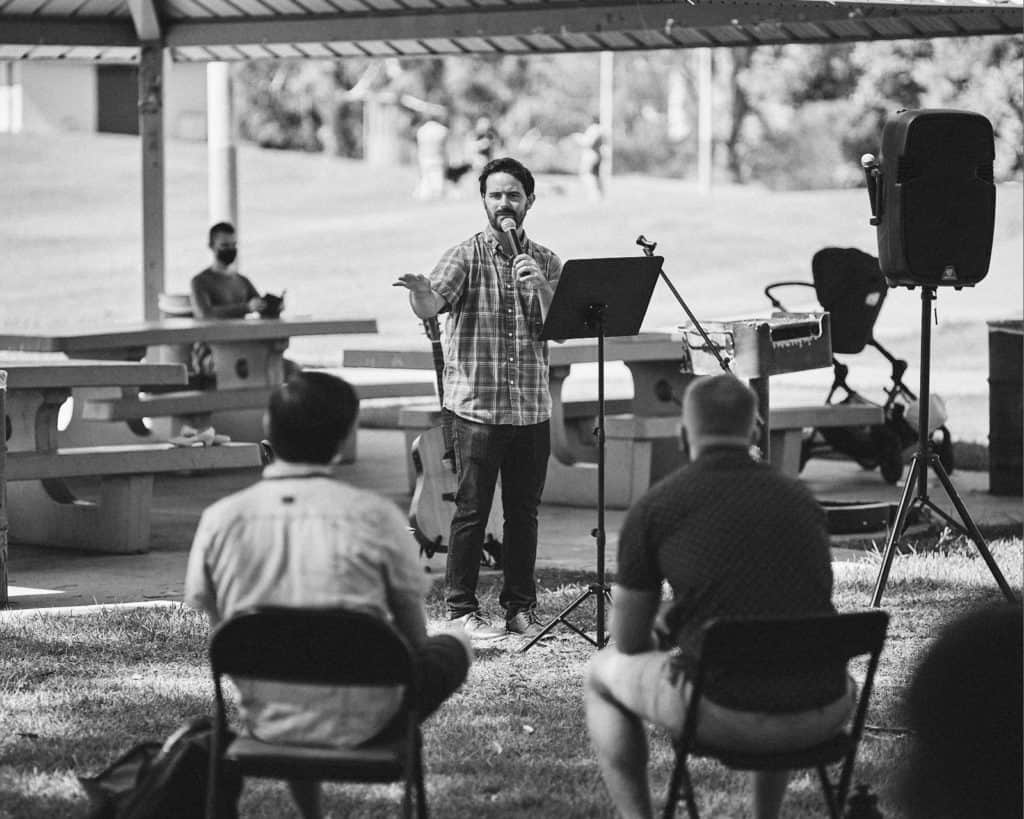PRAETORIAN PROJECT
A Family of Multiplying Churches in Military Communities Worldwide.
Who are we?
A Family
We value relationship among our leaders and members. While we have documents and policies, we operate primarily as a family.
Of Multiplying Churches
Our autonomous churches work together to multiply (plant new churches).
In Military Communities
In communities with high concentrations of active duty service members; we gather both military and civilians together into a church family.
Worldwide
On any given day, members of our churches are in dozens of nations throughout the world.
What do we do?
We are renewing military communities through gospel-centered church planting. We do this through:
- Long term discipleship of highly transient people.
- Advancing the gospel by multiplying churches.
Join us!
Are you in the military? Are you in a military household? Please join us by joining one of our churches. You can find our current and planned churches here. In each of our churches you will be equipped to make disciples in your military community.
Do you see the need to make disciples in military communities? Join us by partnering with us and/or leading your church to partner with us. You can read our full prospectus here and/or contact us.

Subscribe to our Monthly Newsletter & Blog
Interested in how the Praetorian Project is leveraging military communities for church plant multiplication and Gospel expansion? Subscribe to our monthly email list for all our latest news and updates.
You can also choose to opt-in to get notified every time we add a new blog post:
CHURCHES
Find locations and contact information for all of our current Pillar churches and church plants throughout the world.
MEDIA
Watch videos or listen to podcasts and sermons to learn about The Praetorian Project and the churches that are a part of this church planting family.
Blog Posts
Giving
Be a part of the Praetorian Project by making it all possible. Your financial donations make the way for more Pillar churches to be planted worldwide.


Philippians 1:12-13
"Now I want you to know, brethren, that my circumstances have turned out for the greater progress of the gospel, so that my imprisonment in the cause of Christ has become well known throughout the whole praetorian guard and to everyone else..." (NASB)



